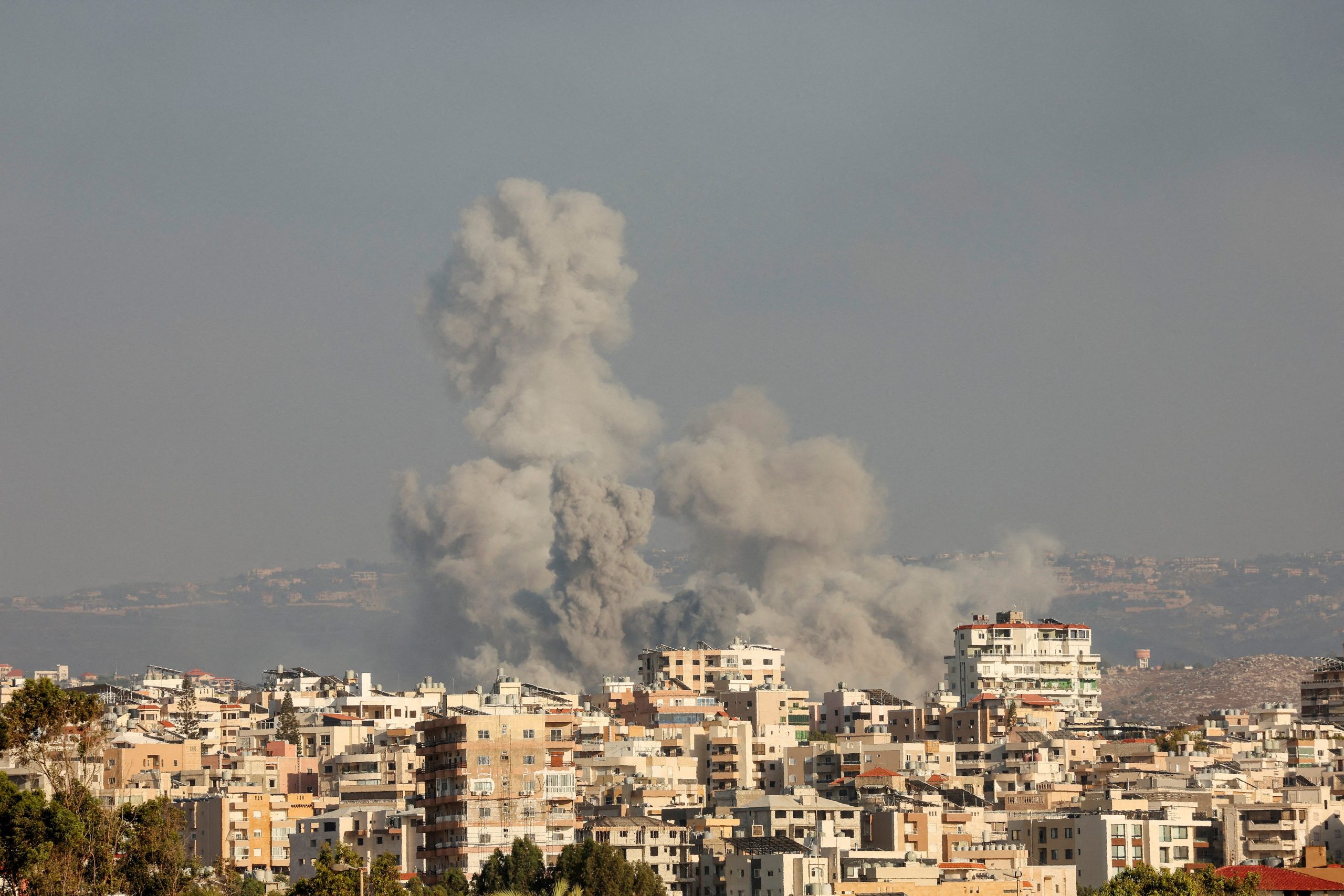The United Nations’ humanitarian office has expressed deep concerns regarding an Israeli airstrike that resulted in the deaths of 23 individuals in Aitou, a village in northern Lebanon. UN spokesperson Jeremy Laurence highlighted the necessity for an investigation into the strike, noting potential violations of international humanitarian law.
The attack particularly affected civilians, with 12 women and two children among the deceased. This incident, which targeted a residential building recently rented by a family displaced from southern Lebanon, underscores the severe impact of military actions on innocent lives.
Rescue operations were still underway in Aitou, with workers digging through debris in search of survivors and additional victims. The strike occurred in an area previously considered safe, far from the ongoing conflict zones in southern Lebanon, the Beqaa Valley, and parts of Beirut.
Elie Alwan, the owner of the destroyed residence, revealed that the building had been home to about 20 tenants. This tragedy reflects a broader pattern of violence affecting entire families and communities seeking safety from the escalating conflict.
As Israel intensifies its military actions against Hezbollah, fear among civilians in Lebanon is growing. The airstrike in Aitou signifies a troubling development, as even areas once perceived as secure are now at risk.

Israeli Airstrike in Northern Lebanon Kills 23 Civilians, Prompting UN Investigation Calls
A local resident noted that the village might no longer be a refuge for displaced individuals, indicating a shift in community sentiment. The ongoing violence has fostered mistrust and apprehension, with Israeli strikes appearing increasingly indiscriminate, putting civilian lives in jeopardy across the country.
The Israeli government asserts that military operations are crucial for addressing the threats posed by Hezbollah. The recent escalation follows a deadly drone strike by Hezbollah that killed four Israeli soldiers, marking one of the most significant attacks in recent weeks.
In response, Israeli forces have conducted airstrikes in various locations, including Beirut, targeting senior figures within Hezbollah. Reports indicate that these operations have led to considerable casualties, raising concerns about the humanitarian implications of this ongoing escalation.
Currently, over 1.2 million people in Lebanon have been displaced due to the conflict, resulting in a humanitarian crisis as evacuation orders cover more than a quarter of the country. Many of those displaced are seeking refuge in major cities such as Beirut and Tripoli, where they are confronted with dire living conditions.
The UN refugee agency has reported significant pressure on welfare services, complicating the situation for those fleeing violence. The US State Department has voiced concerns about the extent of Israel’s military actions, emphasizing the need for a balance between national security and civilian protection.
Both Hezbollah and Israeli leaders have exchanged threats, underscoring the urgent need for a ceasefire to address the growing humanitarian crisis while ensuring security concerns are met.
